Archives of any kind are probably the best place to conduct local history research and The National Archives is no exception to this. It has a huge collection of documents along with other resources such as maps, photographs and plans. It also houses an open access library which has a lot of potential for all kinds of research including local history.
Local history, like all history, allows for various approaches and there are many ways into the subject and many sources to use. One possible approach can be to use rarer, lesser-used items, in conjunction with more traditional resources. The library certainly has a lot of more orthodox tools, such as runs of the Victoria County Histories, sets of Local History society volumes and runs of useful journals. Over the years, many titles have been acquired and in some cases donated to the library. Some of these works are rare and in some cases they are unique. This is often the case for works produced by the person who donated them.
These titles have often been put together with great care and passion, labours of love. While these titles are not necessarily academic in nature they often use local sources – often written, sometimes verbal, sometimes in the form of images. Many of them contain photographs, drawings and other illustrations which may often be hard to find elsewhere, and might well be unique.
Some of the titles contain personal reminiscences, which means the information is most likely hard to find anywhere else. There is quite a strong link between local and oral history and these sorts of printed titles are a good way to capture this. They also tend to be very specific in focus. While that can be seen as a disadvantage, this can also be useful for those interested in a specific time and place.
Another advantage of these titles is their relatively informal nature and tone. This again can help give you a good feel of a particular time and place and gives you a relatively easy way in to a certain point in history. If you are interested in a particular part of the country and period, these can be useful sources.
It would be worth looking at some examples of these titles. One example is a pamphlet – ‘St Michael & All Angels Southwick’ – by B D Parish. This is a slim, straightforward, informative and quite attractive little history of a small church in Sussex. A brief history is given along with a number of photographic images of the layout of the church, alongside a written description. The text is drawn from various published works such as the Victoria County Histories and the volumes of the Sussex Record Society. The church is still there today and is a good example of a building of its kind for the 13th century.
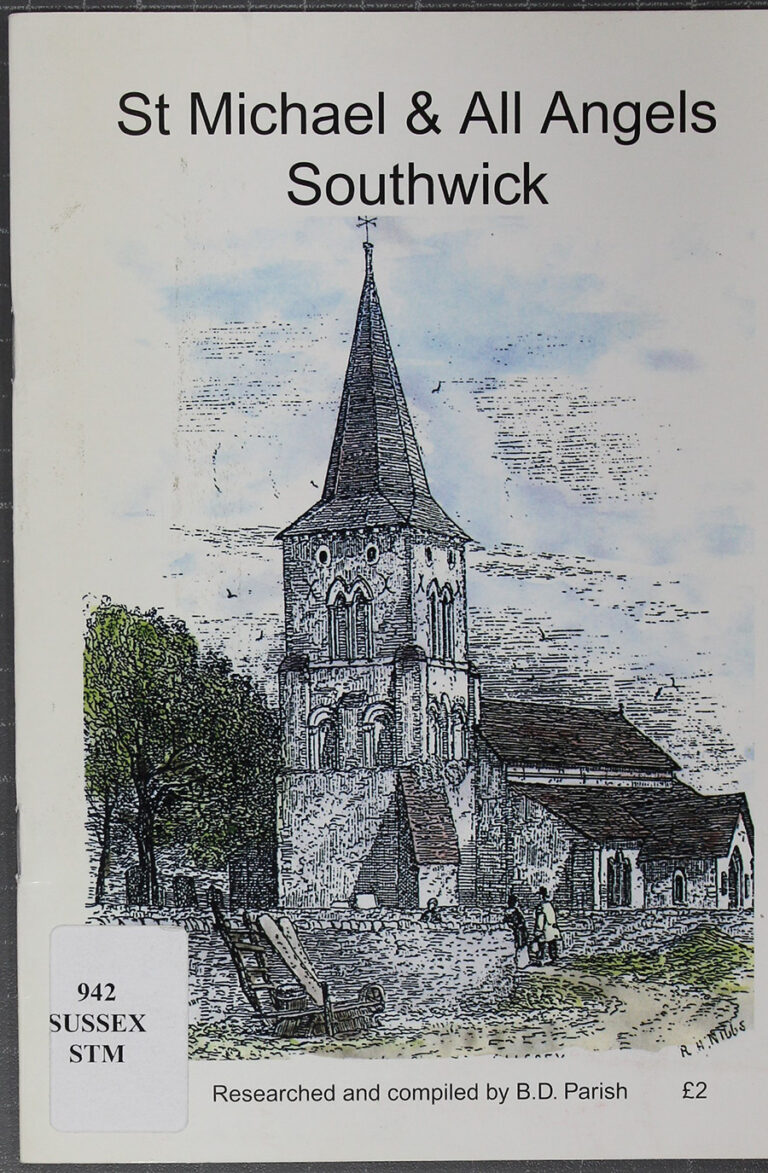
Another title of interest is ‘Maidenhead and its name’ by Eric Brooks. This is an account of the history of the Berkshire town, culminating in the origins of the name ‘Maidenhead’. Again, a number of sources are used and images included.
This work culminates in an account of the history of the place name Maidenhead. Before this, a history of the area is given with an account of the roads, river, population and heraldry of the town as a way of exploring the name. Overall, this little work acts as a useful account of Maidenhead and the surrounding area as well as giving insight into the origins of the name.
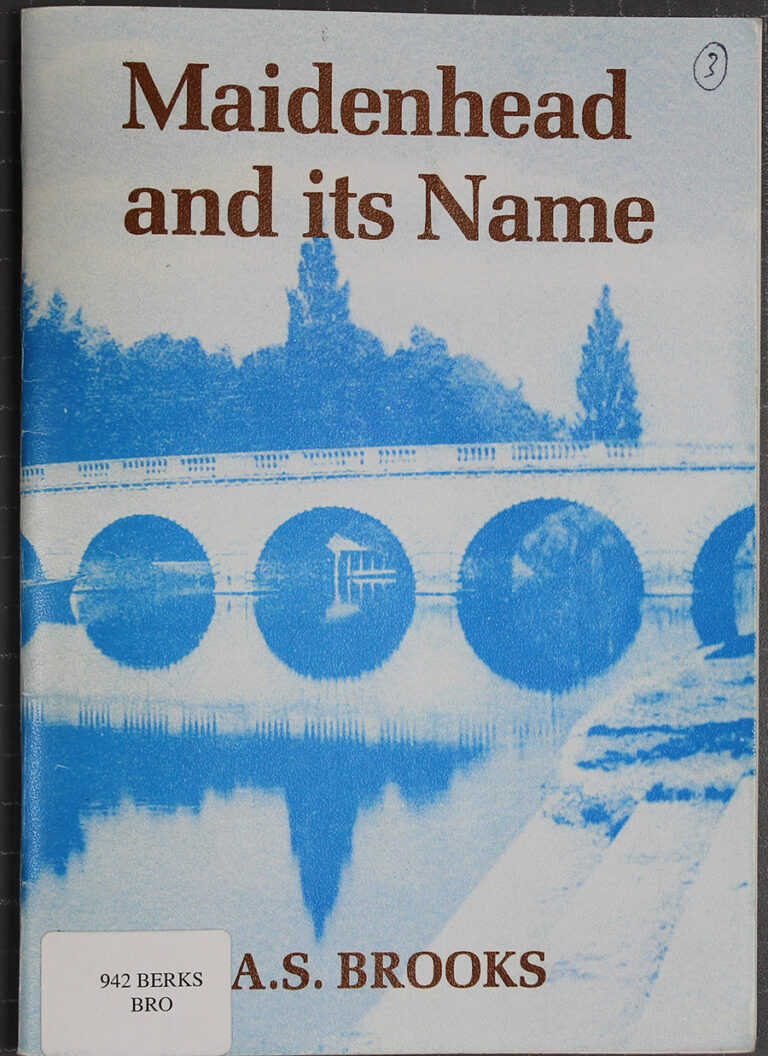
‘The Seven Martyrs of Kendal’, by Derek Longmire gives an insight into the history of Kendal in the 17th century focusing on religious persecution. It looks at the martyrdom of a handful of Catholics at a time of upheaval and gives brief biographies of those who died. Again, we have another title with a narrow scope but one that can help provide an understanding of a certain time and place and the mechanisms by which persecution took place.
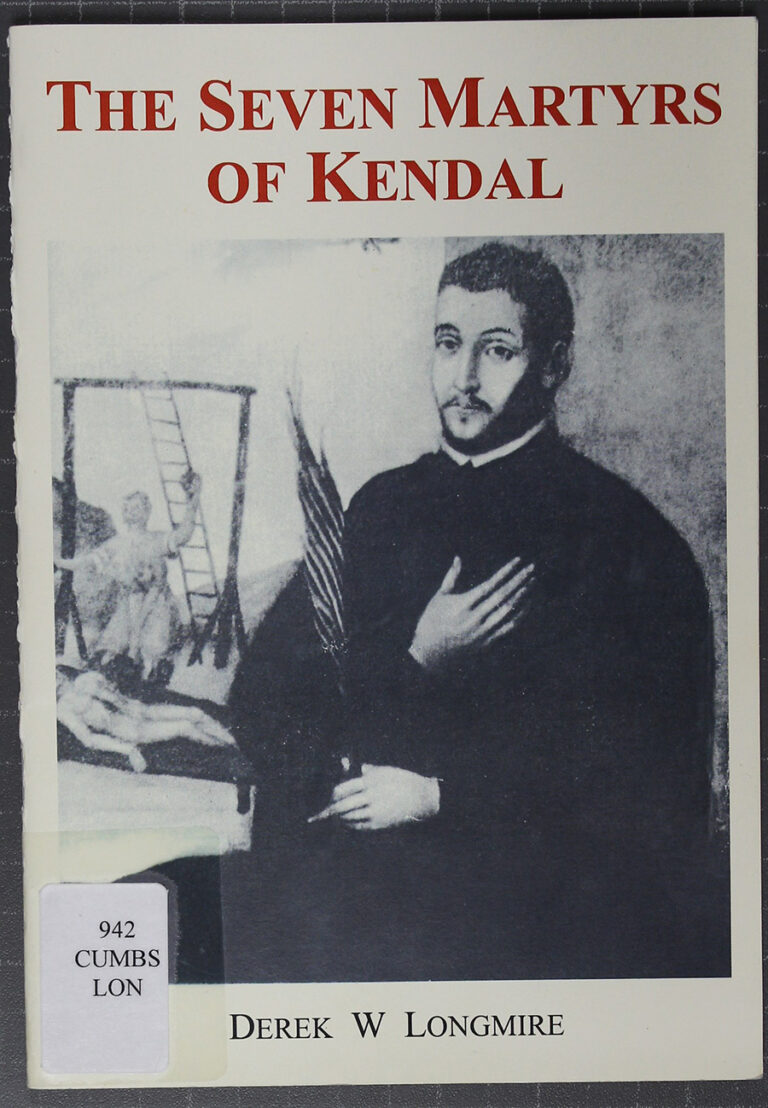
‘Hope Cove and its people remembered’ by Arthur Camp is an interesting account of a small Devon village using local research and photographs. Several specific places and people are examined, with specific focus on the fishing community, mostly from the early 20th century. This title is again a good example of one that captures, in an informal manner, a specific way of life that may well now be lost and forgotten. It would be of interest to those with a history of this village, Devon and the lives of fishermen in general.
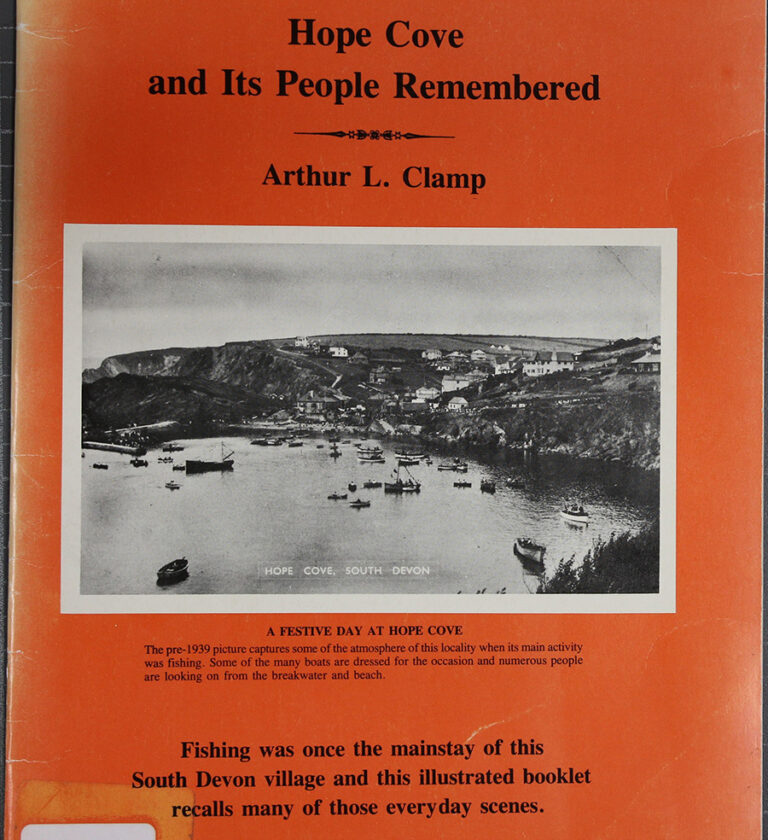
One final title to look at is the ‘Postal History of Reading’ by Homer-Wooff and Jones. The book gives an account of the history of postal services in the Reading area including images of postmarks and the franking system. It provides a detailed account of how postal services developed over time, which would be of use to anyone with an interest in this subject.
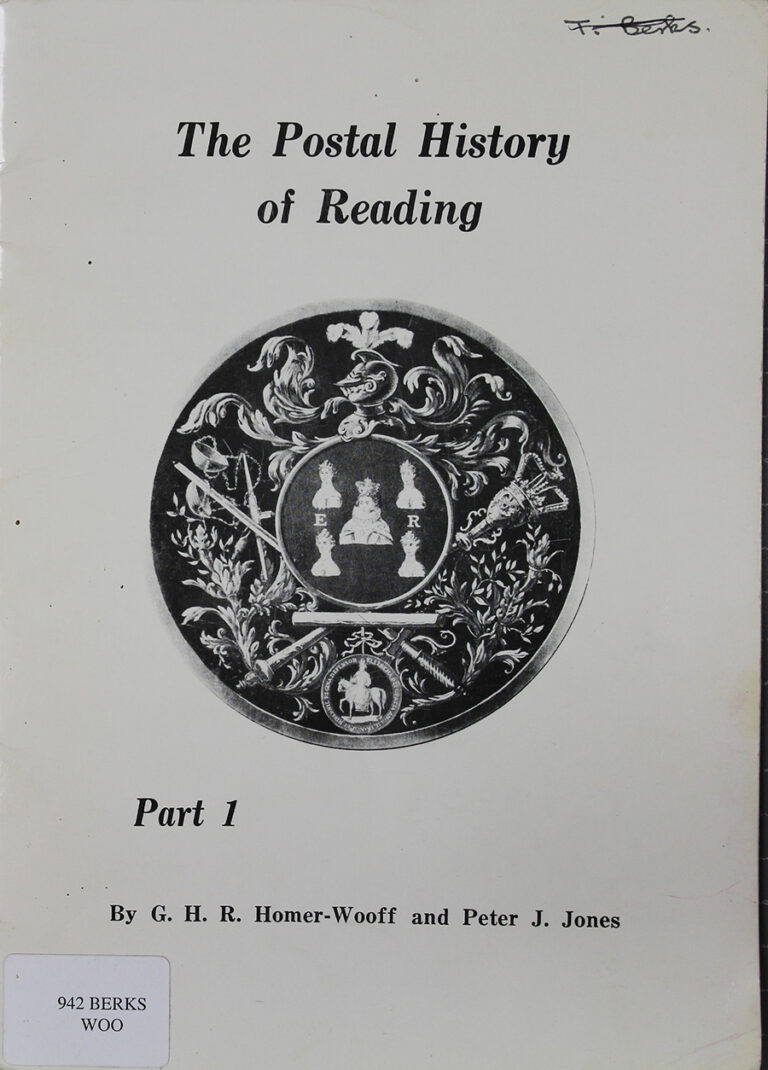
There are many other items like this in The National Archives Library which could well prove helpful to all kinds of research. You can find these and any other book in The National Archives Library via the library catalogue.
This is good to know – I wonder if there are publications lacking in the Surrey History Centre collection, for example; I must take a closer look.
I feel that local historians don’t always make enough use of TNA material, perhaps because you sometimes need to be rather creative in your searches. My home area in Surrey includes tracts of Crown Land, so there’s some really interesting material to be found from files in the CRES series, for example, but I see little evidence of our local historians using them.
I find it very satisfying to try to build a story or a perspective from the general (eg the national) to the particular (the local or ultra-local) and vice versa. The more angles from which you look at a subject, the more sources you use and the more analysis you apply across those sources, the more insights you gain. Sometimes they can be really surprising insights – the ‘eureka!’ moments, if you like.
Stephen, many thanks for your comments, so you know we hold over 500 volumes on Surrey history in our local history collection. You can browse the list of titles here – https://tna.koha-ptfs.co.uk/cgi-bin/koha/opac-search.pl?idx=&q=surrey&branch_group_limit=&weight_search=1
An interesting and well written introduction to researching local history.
I was hoping to see something that related to the setting up of the Steel Works in my home town of Llanelli (Llanelly) (late?) in the second half of the 19th century. This hope arises from a family story that my great grandfather (or great, great grandfather) came down from Cumberland (?) to manage one of these works. This ancestor (surname Caul) as a manager, would have had a significantly different life from that of my grandfather (Alfred George Caul) who worked as a labourer in the steel works.
Any suggestions as to how I could/should research this?
Paul,
Thanks for your message. In general, local archives are the best place to start research into local industry and employment.
The link for the local archive in this case can be found here: Carmarthenshire Archive Service.
I hope this helps.
Michael
Are your books catalogued and the catalogue available online? I have sometimes sat and read some of the books in the Map and Large Document Room in the past when waiting for documents I’d ordered to be produced – but that has just been a matter of reading what caught my eye to pass the time, rather than coming specifically to use a book that you have for research.
All the books can be found on the library catalogue. This includes books in the Map Room, the Main Library and various other locations. You can find the catalogue here: https://tna.koha-ptfs.co.uk/.
You can ask staff for help if you can’t find what you are looking for.
I hope this helps